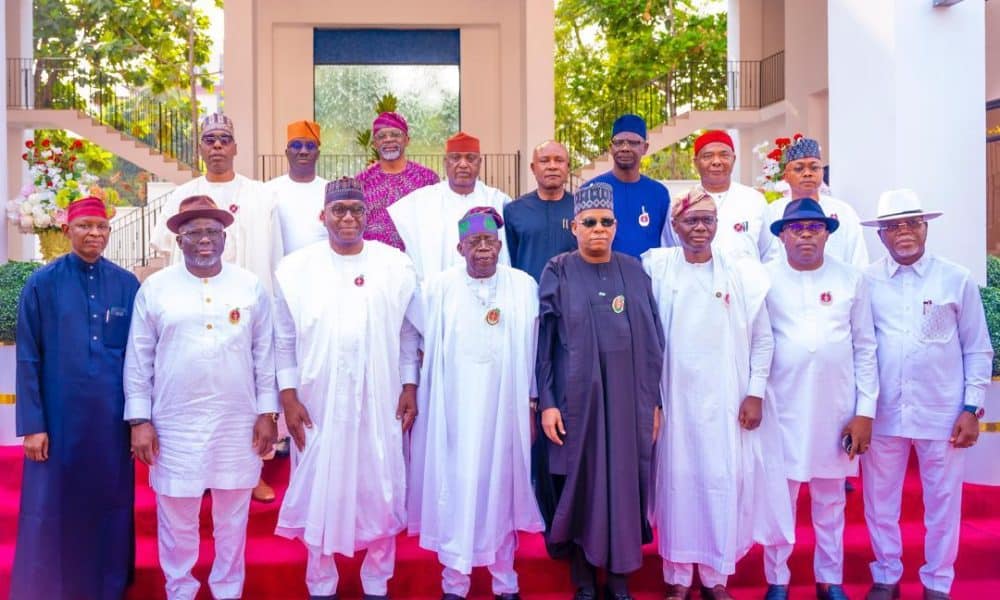The Socio-Economic Rights and Accountability Project (SERAP) has initiated legal proceedings against President Bola Tinubu’s administration and the 36 state governors of Nigeria.
Henzodaily reports that the lawsuit challenges the alleged misuse of the Cybercrimes (Amendment) Act 2024, claiming it criminalizes free speech and infringes on the rights of Nigerians, including activists, journalists, bloggers, and social media users.
This move follows a 2022 ECOWAS Court judgment that condemned Section 24 of the Cybercrime Act 2015 as “arbitrary, vague, and repressive.”
The court had ordered the Nigerian government to repeal the section to align with international human rights standards. While the amended 2024 Act removed Section 24, SERAP argues that the law remains problematic, citing ambiguities and provisions that could suppress legitimate expression.
Filed under suit no: ECW/CCJ/APP/03/2025 at the ECOWAS Community Court of Justice in Abuja, SERAP contends that the amended legislation broadly defines terms like “cyberstalking” in ways that open it to abuse. For instance, Section 24(1)(b) criminalizes actions causing a “breakdown of law and order,” without clear definitions, potentially stifling peaceful expression.
SERAP claims the law has been weaponized to intimidate critics, highlighting cases where activists, journalists, and social media users faced harassment, arrests, and charges under its provisions.
Notable examples include activist Dele Farotimi and journalist Agba Jalingo, both accused of “cyberstalking.” Other instances involve arrests over social media posts, such as critiques of product quality and allegations of cyberbullying.
The organization argues that the legislation violates Nigeria’s obligations under international human rights laws, such as the African Charter on Human and Peoples’ Rights and the International Covenant on Civil and Political Rights. SERAP is urging the court to declare Section 24 of the 2024 Act unlawful, order its immediate repeal or amendment, and ensure compliance with Nigeria’s human rights commitments.
The lawsuit also seeks a declaration that the government’s enforcement of the law infringes on freedoms of expression, information, and media rights.
SERAP asserts that protecting these rights is essential for democracy and civil society.
The ECOWAS Court has yet to set a hearing date for the case.
